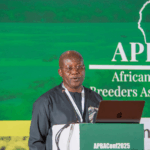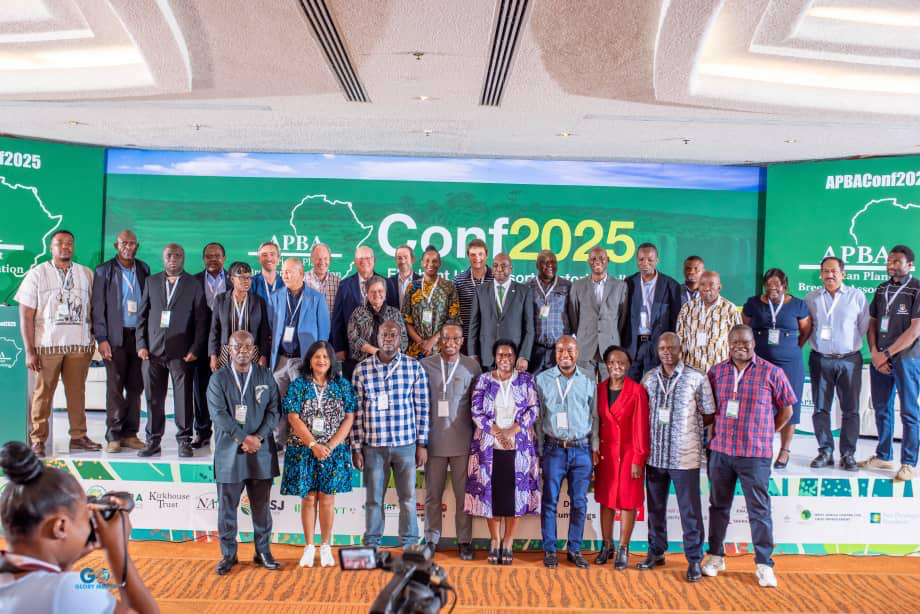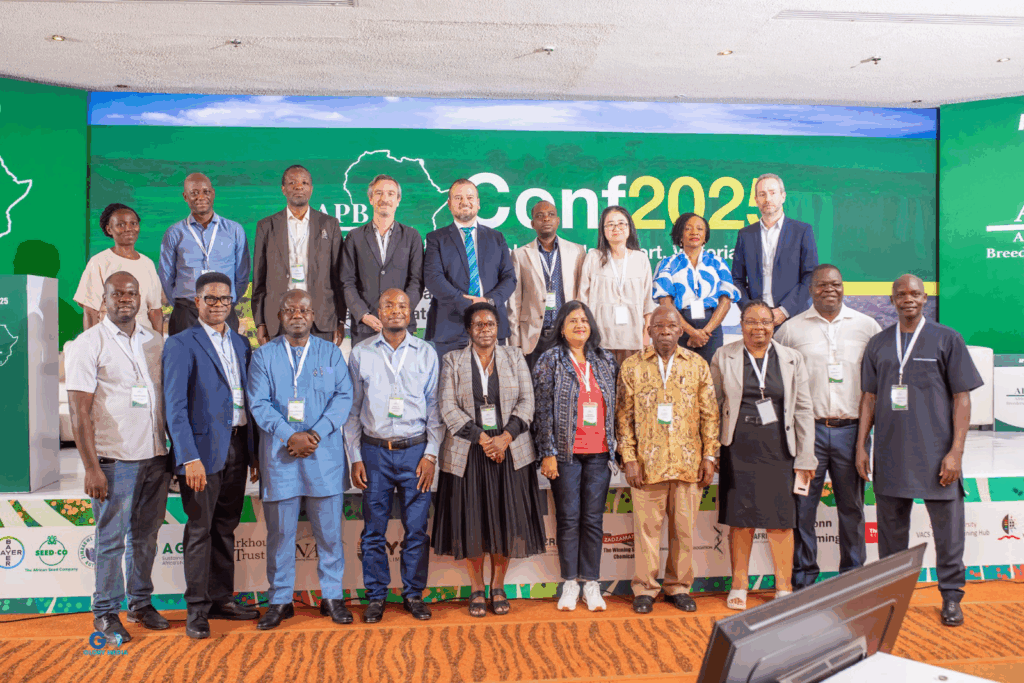
Founding Director of the West Africa Centre for Crop Improvement (WACCI) at the University of Ghana, Prof. Eric Yirenkyi Danquah, is calling on the global community to support Africa’s scientific renaissance through reparative investment.
The 2022 Africa Food Prize Laureate says such reparative investment should include debt cancellation for higher-education loans, endowments for African universities, and the creation of an African Talent Fund for Plant Breeding.
He explained that the call for reparations stems from the neglect of higher education in Africa during the structural adjustment programmes of the 1980s and 1990s, when the World Bank and the International Monetary Fund advised many African governments to shift attention from tertiary to basic education.

That policy, he noted, crippled the continent’s scientific capacity and led to the brain drain that weakened universities for decades.
“It was a historic mistake. Laboratories were shut, faculties decayed, and generations of scientists left the continent.
“The intellectual infrastructure that could have anchored Africa’s Green Revolution was dismantled in the name of fiscal prudence,” he said.
Prof. Danquah disclosed that in Africa, fewer than 500 PhD-level plant breeders serve a population of 1.4 billion, a ratio of one breeder per million people, compared with over ten in Asia.
He said that to achieve food security by 2030, Africa needs at least 2,000 trained breeders supported by robust universities and research ecosystems.
“The continent’s capacity crisis is not only technical; it is moral. It is the direct outcome of policies that undermined Africa’s ability to innovate and lead,” he said.

Prof. Danquah, who is also chair of the governing board of the Ghana National Research Fund, made these remarks while delivering a keynote address at the 4th Conference of the African Plant Breeders Association (APBA) in Victoria Falls, Zimbabwe.
The conference is on the theme: “Winning the Race Against Food Insecurity, Malnutrition, and Climate Change through Genetic Innovation.”
“These reparations should include: full cancellation of African debt associated with higher education projects such as the Africa Centres of Excellence initiative; endowment funding to rebuild and sustain African universities as engines of scientific excellence; and long-term support for national research funds and regional centres of excellence to ensure stability and autonomy,” he said.
“This is not charity. It is justice, a strategic correction for decades of lost opportunity,” Prof. Danquah added.
He observed that Africa’s future food security depends on rebuilding the human and institutional capacity to drive agricultural transformation.
According to the 2025 State of Food Security and Nutrition in the World (SOFI) report, 307 million Africans face hunger, even though the continent holds 65 per cent of the world’s remaining arable land.
He argues that this paradox can only be resolved through strategic investment in higher education and science.

Prof. Danquah served as the Inaugural President of the APBA from 2019 to 2023, playing a pivotal role in guiding the Association’s establishment and early growth.
On the first day of the conference, he was presented with a Meritorious Service Award in recognition of his leadership and contributions to the Association’s development and mission.
Drawing lessons from WACCI’s success in training over 120 PhD plant breeders from 20 countries in Africa and Ghana’s leadership in establishing the Ghana National Research Fund (GNRF), Prof. Danquah emphasised that African-led institutions can transform agriculture if given consistent support.
He urged African governments and international partners to act boldly to rebuild Africa’s knowledge systems and secure a food-secure future for the continent.
“Scientific excellence is the currency of influence in the global development arena. Without it, Africa will remain a consumer of knowledge, not a producer,” he said.


